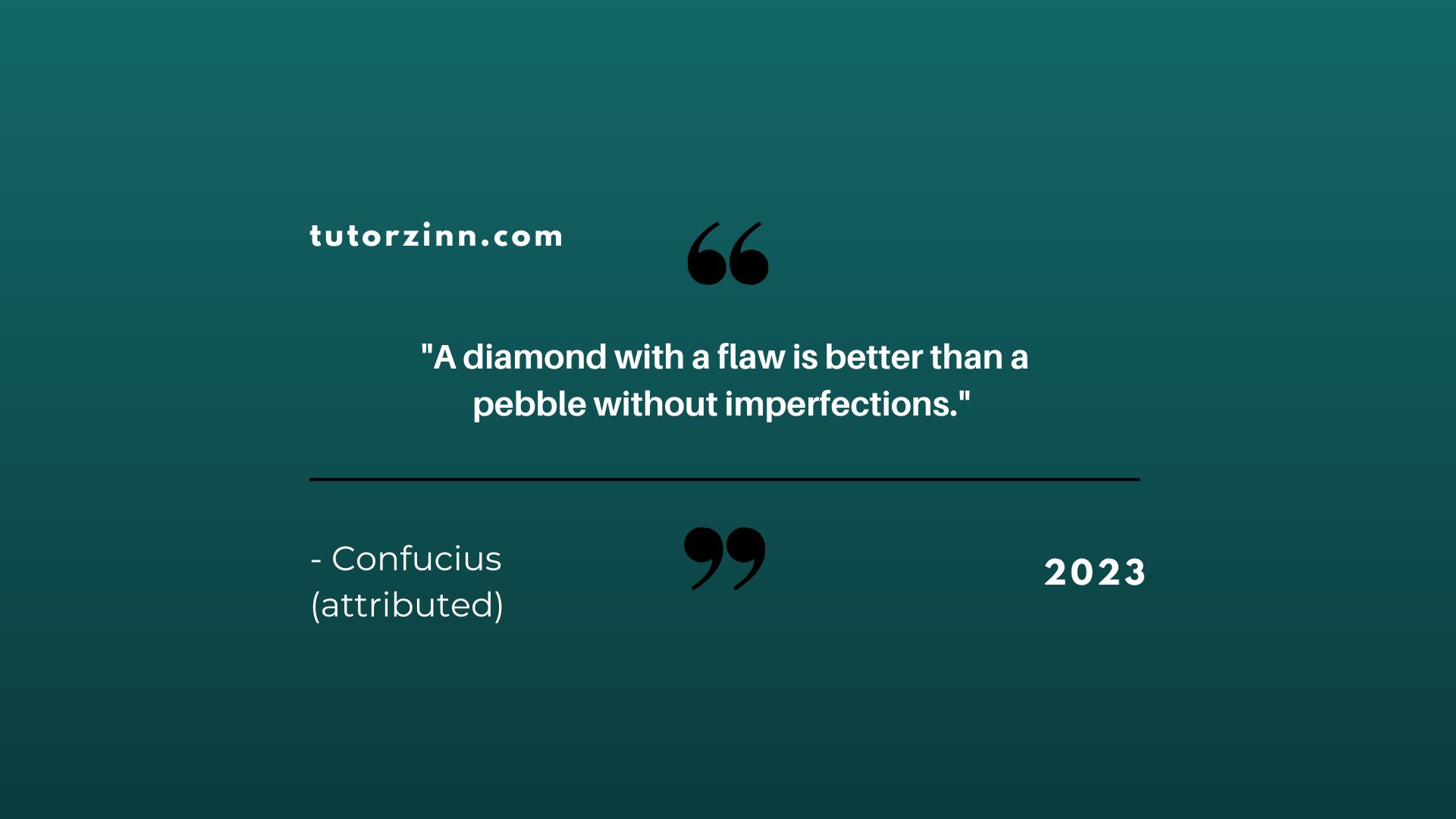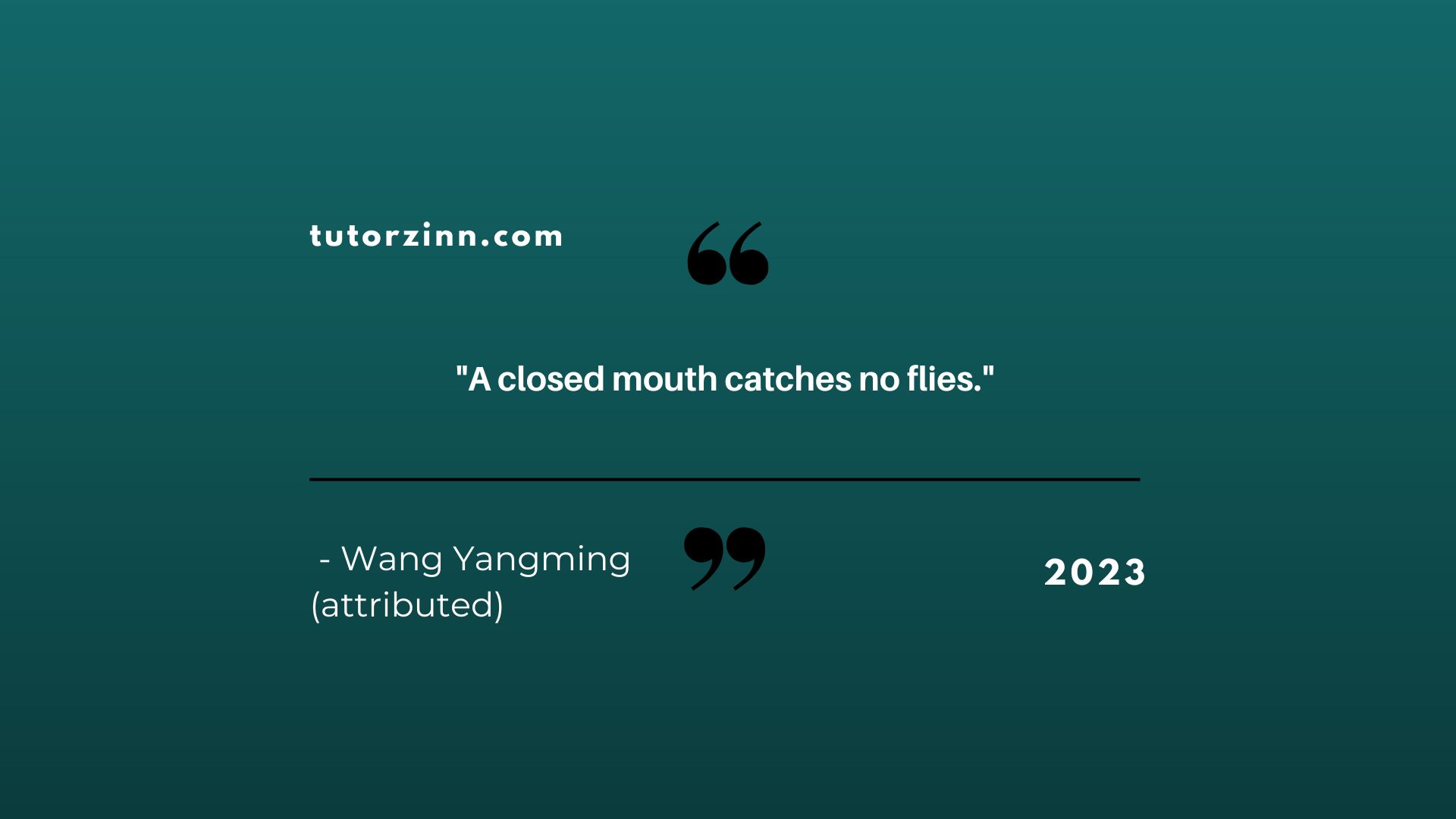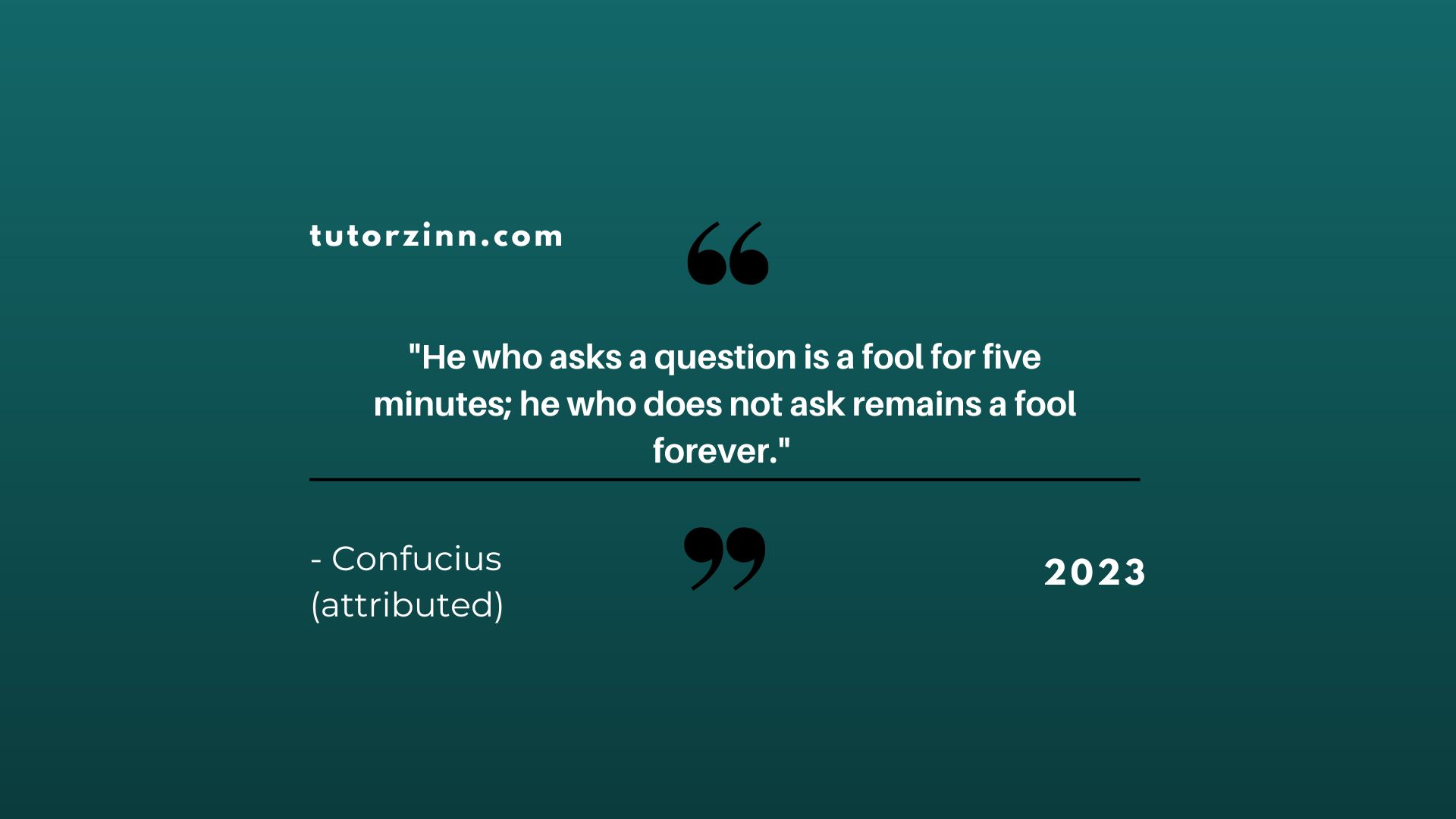“A diamond with a flaw is better than a pebble without imperfections.”
– Confucius (attributed)
Confucius, the renowned Chinese philosopher and teacher, is often attributed with the quote, “A diamond with a flaw is better than a pebble without imperfections.” This insightful statement encapsulates a profound perspective on the value we assign to imperfections in various aspects of life. In this discussion, we will explore the meaning behind this quote, breaking it down into subheadings to gain a deeper understanding of its significance.
- The Symbolism of a Diamond: The choice of a diamond as the primary symbol in this quote conveys a sense of rarity, beauty, and value. Diamonds are highly prized gemstones, often associated with luxury and status. In this context, a diamond represents something exceptional or extraordinary.
- The Concept of a Flaw: Contrasting the idea of perfection, Confucius introduces the notion of a flaw. Flaws refer to imperfections or shortcomings that deviate from an ideal state. By acknowledging the existence of flaws, Confucius highlights the inevitability of imperfection in all aspects of life.
- Embracing Imperfections: Confucius suggests that embracing imperfections can be more valuable than pursuing an unattainable ideal. By recognizing the presence of flaws, we acknowledge the reality of the world and appreciate the unique qualities they bring. Imperfections can serve as reminders of individuality, character, and the inherent beauty found in diversity.
- The Pebble without Imperfections: In contrast to the flawed diamond, the pebble without imperfections symbolizes something ordinary or common. While it may possess a certain level of smoothness and simplicity, it lacks the distinctiveness and inherent value associated with a diamond. Confucius implies that even with its imperfections, the diamond’s worth surpasses that of a flawless pebble due to its exceptional nature.
- Lessons for Life: Expanding beyond the literal interpretation, this quote encourages us to examine our perception of value and beauty. It prompts us to reconsider our inclination towards perfection and instead find appreciation in the uniqueness and diversity of the world around us. Furthermore, it serves as a reminder that flaws and imperfections are an integral part of the human experience, and accepting them can lead to personal growth and a more inclusive outlook.
Conclusion: Confucius’ quote, “A diamond with a flaw is better than a pebble without imperfections,” challenges our conventional notions of perfection and encourages us to value and embrace imperfections in various aspects of life. By acknowledging the inherent worth of flaws and appreciating the uniqueness they bring, we can cultivate a deeper understanding of ourselves and the world around us. This perspective invites us to see the beauty in diversity, celebrate individuality, and find contentment in the imperfect yet extraordinary aspects of life.




